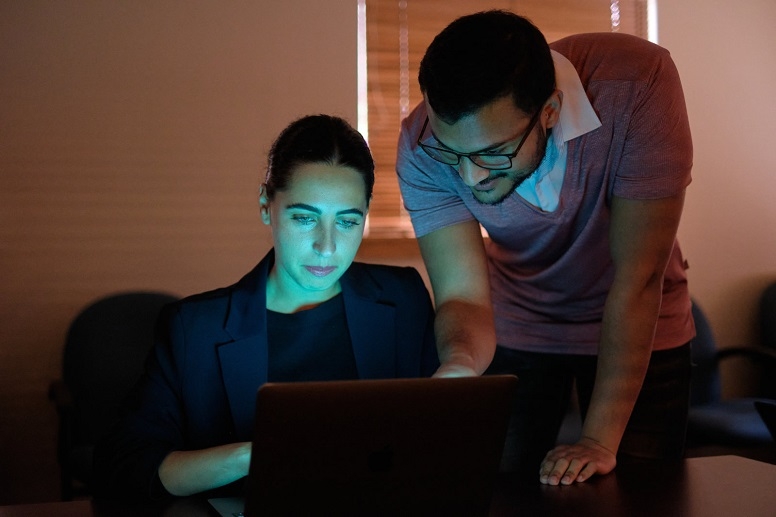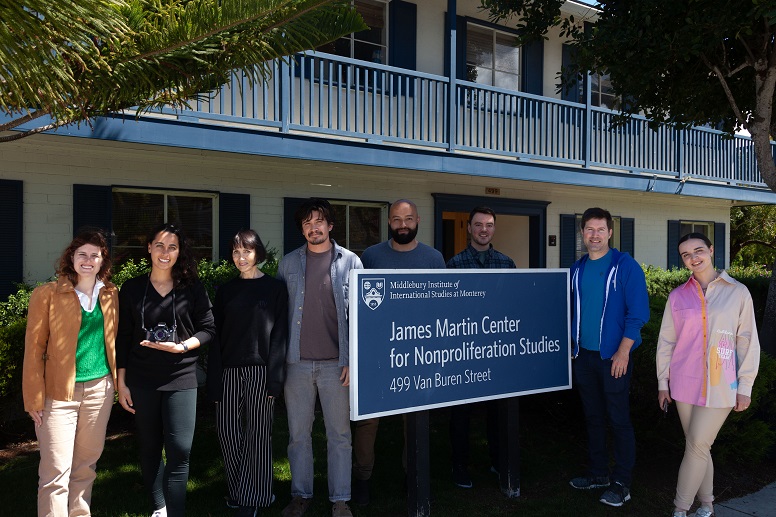Student Cyber Group Hosts AI Expert to Explore Emerging Security Threats
| by Jake Lopata
Students recently hosted Gary Wright, CEO and Chief Technology Officer of an AI company, for a conversation on challenges at the intersection of cyber threats, emerging AI technology, and national security.




